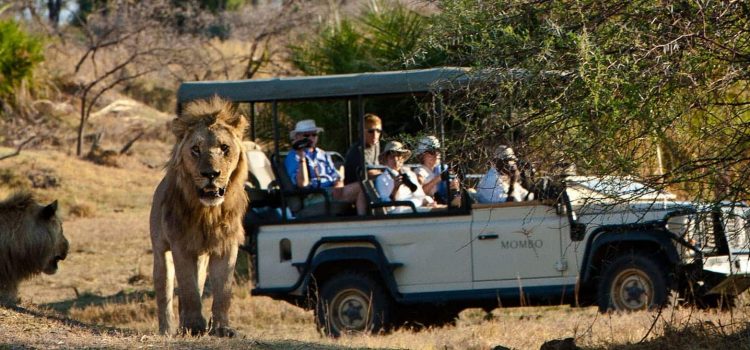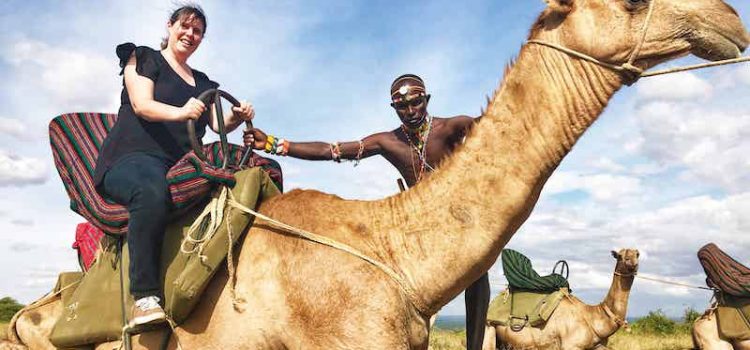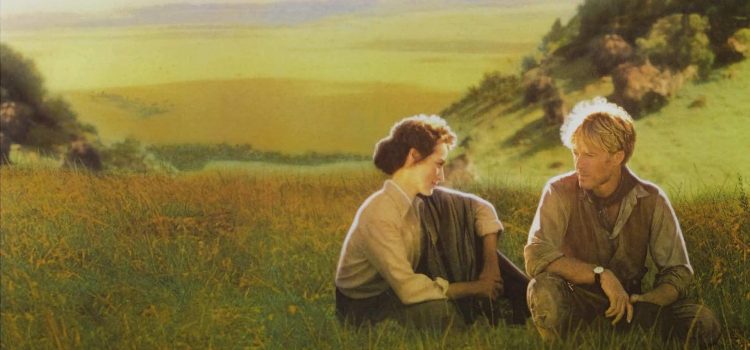Rwanda is one of the best destinations for gorilla trekking. Approximately half of the world’s remaining mountain gorillas are found in Rwanda’s Volcanoes National Park (Parc National des Volcans), a mountainous environment dominated by forests.
Time spent face to face with the gorilla families in their natural habitat is a humbling and profoundly spiritual experience. Watch them playing, eating, grooming and teasing each other…it will be one of the highlights of your life!
There are approximately 13 mountain gorilla family groups in Rwanda’s Volcanoes National Park, some of which can be trekked, while others are being researched and monitored on a regular basis by the conservation organisations in the park. Family groups are generally dispersed over the park, and are known to move around frequently.
You can also see Sykes’ monkeys, golden monkeys and chimpanzee in the nearby Nyungwe Forest.

FAQs
When is the best time to trek? During the dry season December to February and June to September. The rainy season is from March to end May (long rain), October to November (short rain). NOTE – Trekking is possible all year round.
What is the average temperature in the forest? 07 – 15°C (45 – 59°F) to 20 – 27°C (68 – 80.6°F)
How many people in my group? Maximum of 8 visitors a day per gorilla family group.
How many hours is the trek? The longest trek to gorilla families that are located further away, could take up to 8 hours. But every effort is made to match your hiking ability and fitness with the estimated location of the gorilla families and so the average trek is about 3-4 hours. If you are not mobile enough, you can be carried on a local sedan chair (Booked in advance, at an additional cost.)
How tough is the trek? Parts of the trek could go through dense forest with thick undergrowth, thorny bushes and slippery rocks. Relatively good physical fitness is required.
How long do I spend with the gorillas? Once located, you are allowed to spend 1 hour observing the gorilla family.
Can I do more than one trek? It is possible to book 2 treks. But you cannot trek twice on one day. Your second trek needs to be the next day.

GOOD TO KNOW
Porters – Make use of the porters (approximately USD 15 per trek). They carry your pack and help you up the steep parts. Porters come from the local community and so you are contributing to sustainability.
Remain calm – Be respectful when you see the gorillas, be silent and submissive. Stay calm and do as your expert guide directs you to do – this way, the gorillas will be unperturbed by your presence.
Water and energy snacks – Your lodge should supply these, but if you have a particular energy treat that you like, it is worth bringing along.
Gratuity guidelines – USD 15 per person for porters and USD 5 – 10 per person for park guides.
Mobility issues – If you might find this terrain too challenging, we can arrange for you to be carried in a local sedan chair. (Booked in advance, at an additional cost.)
Photographers – You’ll be close up to the gorillas, so long lenses aren’t necessary, plus they’re heavy. A mid-zoom lenses such as a 24-70mm is a good. Be aware that lenses can mist up due to the humidity levels. Flash photography is not allowed, so make sure you have the correct light settings. Keep your camera in a waterproof bag to avoid it getting wet.

WHAT TO WEAR WHEN GORILLA TREKKING IN RWANDA?
- Good, waterproof walking shoes or boots are recommended.
- Wear layers, starting with a quick-dry shirt on top, as it can get humid and muggy up in the mountains. A rain jacket or a plastic poncho is recommended, as rain comes and goes intermittently – some of the lodges supply these.
- Bright colours and white are not advisable as this will contrast very strongly with the green colours of the forest and could disturb gorillas at sightings. Camouflage clothing is not recommended for travel in African countries.
- Wear long, light weight hiking trousers and long sleeved light weight shirts. There are stinging nettles along the route, and you are at times required to trek off track, so shorts are not recommended.
- Gators or socks pulled over your trousers are recommended to keep sand and ants out of your boots. Some of the lodges supply gators.
- Gloves can be useful as you may have to push long grass out of your path.
- Walking sticks are good for steeper areas in the hike. Some of the lodges supply. Or you can pick one up at the park office at the start of the trek.
- Hat and sunglasses.
GUIDELINES & REGULATIONS
- Trekking starts at the park office and each group is allowed a maximum of 8 people per day.
- Treks are usually conducted with one park guide and armed escorts.
- The guide liaises with the trackers who have gone ahead to ascertain the location of the gorillas.
- Once the gorillas have been located, you will be allowed a maximum of 1 hour with the gorillas (to protect the gorillas from undue stress).
- Anyone suffering from a communicable disease, such as the flu or diarrhoea, is not permitted to enter the park because of the risk of transmitting these diseases.
- You should always stay together in a tight group while with the gorillas – do not surround them.
- Avoid making loud noises or moving suddenly while tracking gorillas, and assume a crouch position while observing them.
- It is not permitted to eat, drink or smoke when with the gorillas or within 200 m (656 ft) from them.
- You should not get closer than 7 m (22 ft) of the gorillas.
- You may be required to wear a mask to prevent human germs spreading to gorillas, these will be provided.
- You must be 15 years or older.

GORILLA TREKKING PERMITS
- We will arrange purchasing of your permits and all associated logistics with our partners in Uganda.
- Gorilla tracking is subject to the availability of permits.
- The permit is issued by the Rwanda Development Board (RDB), the body managing and regulating all tourism activities in Rwanda. Currently, the Rwanda gorilla permit is USD 1,500 per person. The permit is only secured once paid for.
- Gorilla permits are 100% non-transferable and non-refundable.
Your gorilla trek is a vital financial lifeline for conserving the last remaining mountain gorillas and their highland forest habitat. Rwanda and Uganda share the responsibility of conserving a population of critically endangered mountain gorillas and chimpanzees.
WHERE ELSE TO GO IN RWANDA
There are other adventures to be had in Rwanda. You can see Sykes’ monkeys and chimpanzee in the nearby Nyungwe Forest. Visit the Iby’iwacu community and watch a performance of the acclaimed traditional Intore dance, a dance originally performed by warriors returning victorious from the battlefield. Track the endemic golden monkey that is found in the bamboo forests on the lower slopes of the Volcanoes National Park. Visit the world-class Kigali Genocide Memorial in Kigali.

Do you have questions about Rwanda?
Send an email to info@southerndestinations.com



